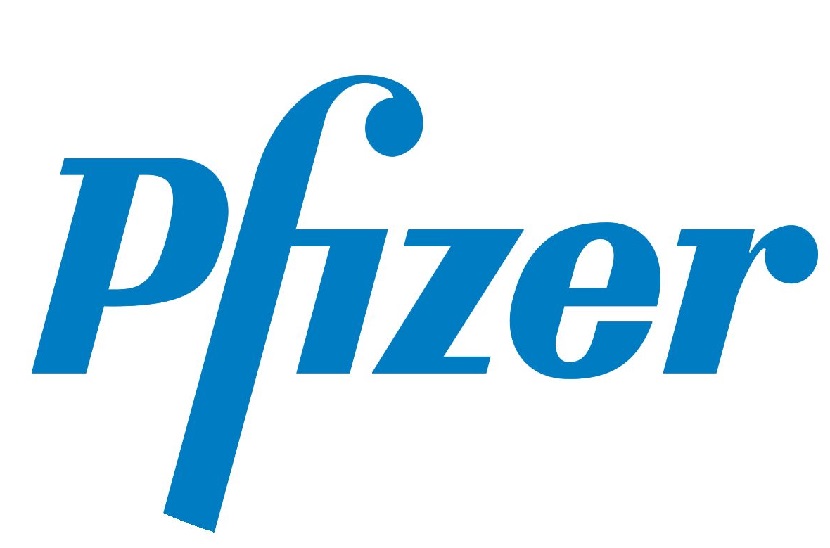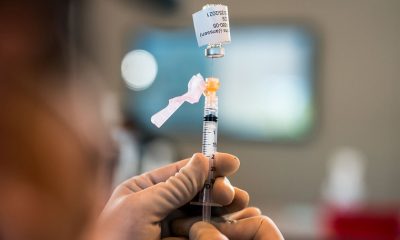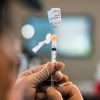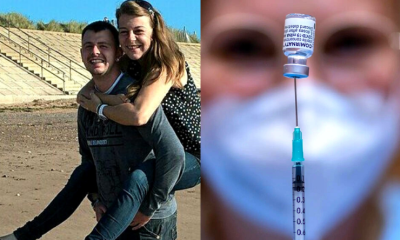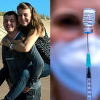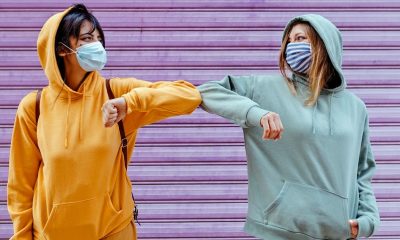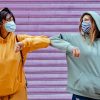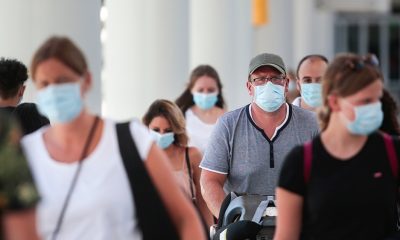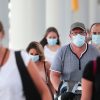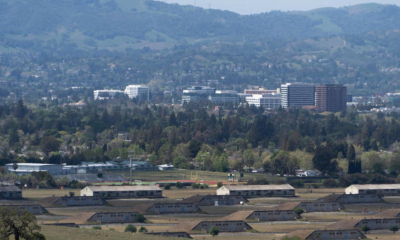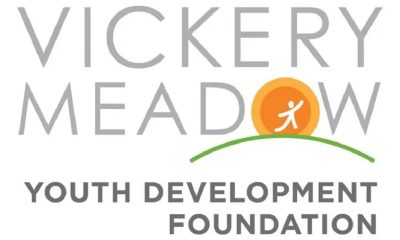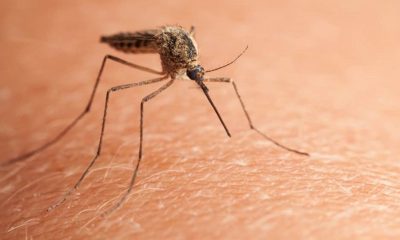Covid-19
Pfizer coronavirus vaccine shows remarkable promise, but experts advise public to ‘put this in perspective’
As news of Pfizer’s promising vaccine results rippled across the globe, scientists and public health officials warned that a true solution to the coronavirus pandemic is many months away and that people should continue wearing masks and social distancing.
Pfizer said Monday its coronavirus vaccine is 90% effective at preventing COVID-19, sparking enthusiasm that a positive development in the global pandemic may be on the horizon. The findings are based on the first interim analysis of Phase 3 clinical trial data by an independent board, Pfizer said. The results were announced in a news release and have not been peer reviewed.
Pfizer, which is developing the vaccine with the German firm BioNTech, is one of several drug companies considered front-runners in the global race for a vaccine against the coronavirus. The virus has infected 50 million people and killed 1.2 million worldwide.
Pfizer’s stock price trended significantly higher Monday, jumping nearly 10% in midday trading before closing at $39.20, up $2.80 per share, a 7.7% gain. Reacting in large part to the vaccine news, three major stock indexes were on record paces early on Monday but fizzled in the afternoon, with the Nasdaq ending up down 1.5%. It was still a strong day for the other indexes, with the Dow jumping 3%, the S&P 500 gaining 1.2% and the Russell 2000 rising 4.2%.
The 90% effectiveness rate reported by Pfizer Monday is significantly higher than the 50% bar the Food and Drug Administration is requiring for coronavirus vaccines. Vaccines for measles, yellow fever and smallpox are around 93% to 94% effective, while vaccines for seasonal flu can be anywhere from 10% to 80% effective, said Bali Pulendran, an immunologist and professor of pathology at Stanford Medicine.
“I think this is very exciting,” Pulendran said. “None of us could predict what the efficacy would be. We were all thinking 60%, 70% would be terrific but I think this interim analysis showing 90% effectiveness is very encouraging.”
Dr. Eric Topol, a clinical trials expert at the Scripps Research Institute, called the interim findings “very impressive” and a potential turning point for the pandemic.
“We have a vaccine that works,” he said in an email. “Others will also work. It’s the beginning of the turnaround. The most positive news we’ve had since the beginning of the pandemic.”
It is not clear, based on the interim analysis, how long the vaccine effectiveness lasts or whether it works well in all demographics, such as elderly people, pregnant women or immunocompromised people.
“Those are some of the issues we will no doubt find out in the coming months,” Pulendran said. “But this is an extremely exciting and encouraging new piece of news.”
Still, even with a promising vaccine candidate apparently within reach, the country is a long way from ending the pandemic. On Monday, Centers for Disease Control and Prevention officials reported that new daily infections in the United States are up 24% to 99,000 cases a day, compared to the previous seven-day average of 80,000 a day. California is also seeing an uptick in new cases, with one Bay Area county, Santa Clara, on Sunday reporting a near-record 358 new cases — second only to the 385 cases recorded July 15 at the height of the summer surge.
“It’s really important for everybody to understand while there is good news about the Pfizer announcement this morning, we actually don’t know how long these vaccines will last or what they will do once they’re broadly used in a population,” Dr. Nancy Messonnier, director of the CDC vaccine task force, said in a call Monday. “We need everybody to keep wearing their masks and keep up social distancing. … We looked forward to a time we’re not required to keep up those precautions, but that day is certainly not now.”
At least one vaccine — most likely from Pfizer or Moderna — is expected to get FDA emergency use authorization by the end of 2020. However, there will be a very limited number of doses available at first, and those will likely go to health care workers who work closely with COVID-19 patients. Vaccines likely will not be widely available for the public until summer 2021 or later.
“While being appropriately excited re: vaccine, it’s worth remembering that it probably won’t make a material difference in everybody’s life/schools/economy until next summer,” Dr. Bob Wachter, chair of UCSF Department of Medicine, tweeted Monday. “If so, that means the time from now to then is equal to the time from the 1st Covid cases in U.S. to now.”
Gov. Gavin Newsom said in a Monday news briefing that progress with the Pfizer vaccine was encouraging but not yet cause for celebration.
“This vaccine is not going to be readily available for mass distribution likely well into the next year,” Newsom said. “Put this in perspective.”
He said it would be a “terrible mistake” if people saw the headlines touting the news of vaccine development and let their guards down, encouraging state residents to continue to wear masks and social distance as case numbers begin to surge.
Pfizer said it plans to apply for FDA authorization after reaching a safety milestone of collecting two months of safety data for trial participants, which is expected the third week of November. Pfizer said no serious safety concerns have been observed.
The trial has enrolled nearly 44,000 people globally, including some in the Bay Area. The interim analysis found 94 confirmed cases of COVID-19 among trial participants.
“Today is a great day for science and humanity,” said Dr. Albert Bourla, Pfizer’s CEO and board chair. “With today’s news, we are a significant step closer to providing people around the world with a much-needed breakthrough to help bring an end to this global health crisis. We look forward to sharing additional efficacy and safety data generated from thousands of participants in the coming weeks.”
Pfizer says it will produce 50 million doses of the vaccine in 2020 and 1.3 billion doses in 2021. This vaccine is administered in two injections, given 21 days apart.


